The DELTA New Faculty Institute is designed to prepare new engineering faculty members to successfully launch their classrooms and careers, while effectively preparing engineering leaders of tomorrow.

Type: Instructor-Led Course
Delivery Method: Live Online
Level: Foundational
Duration: 8 hours
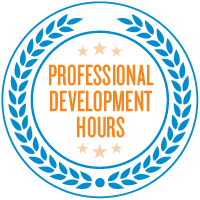
Overview
The DELTA New Faculty Institute is a foundational, instructor-led, online program to prepare new engineering faculty members to successfully launch their careers. Throughout the program, participants will learn how to navigate the teaching, scholarship and service responsibilities of their faculty position, university, and discipline. By the end of this program, participants will have the knowledge and tools to positively launch their classrooms and careers, while effectively preparing engineering leaders of tomorrow.
This program takes place in four, two-hour-long sessions. Each session will have extensive facilitator-participant and participant-participant interaction, with ample time for questions and discussions.
How You Will Benefit
• You will receive evidence-based teaching tools to enhance student learning.
• You will develop a career plan in alignment with your unique institutional mission.
• You will engage with a network of professionals both within and outside of your university and discipline for input, guidance, and feedback.
Intended Audience
The DELTA New Faculty Institute is designed for new engineering faculty members who want to successfully navigate their classrooms and careers. This program is intended for faculty who are (1) about to begin their initial teaching appointment or (2) are within the first year of their initial teaching appointments.
About the DELTA (∆) Institutes
The DELTA (∆) Institutes are designed to develop engineering and engineering technology faculty and administrators as change agents for 1) the ongoing transformation of higher education and 2) the transformation in engineering education, research, and community engagement necessary to address the NAE Grand Challenges and the UN Sustainable Development Goals.
Through the inclusion of leading-edge knowledge and best practices in professional development for faculty and administrators, the DELTA (∆) Institutes will improve efficiency and effectiveness for each participant and thus also do so broadly across the universities they serve.
Learning Outcomes
By the end of this program, you will be able to:
- Prepare key materials and resources needed to establish your engineering classroom, including a syllabus, learning objectives, and teaching strategies
- Identify new engineering faculty responsibilities related to scholarship in alignment with your academic institution and career goals
- Describe the unique characteristics of your institution and create an individual professional development plan that aligns with institutional, disciplinary, and personal expectations
- Identify ways to build an effective and supportive network of colleagues
Session I: Designing Your Engineering Classroom
• Welcome and introductions
• Creating a meaningful syllabus
• Creating learning objectives
• Developing formative and summative assessment
• Family Education Rights and Privacy Act (FERPA)
• Grading best practices
• Getting to know your students
• Planning office hours and engagement outside of the classroom
• Accommodating unique needs of institutions
Session II: Methods of Course Delivery for Improved Learning
• Elements of learning
• Active learning techniques
• Evidence-based strategies for facilitation
• Generative artificial intelligence
• Inclusive classrooms
• Engaging engineering students
Session III: Planning for Scholarship, Research and Professional Development
• Faculty roles related to research and scholarship
• Models of scholarship, research and scientific methods
• Building a laboratory
• Writing grant proposals
• Clarifying dissemination and publications
• Unique research requirements of institutions
Session IV: Planning for Career Success
• Preparing promotion and tenure documentation
• Establishing assessment documentation habits
• Establishing writing habits
• Engaging with professional societies
• Planning for time management and workload balance
• Navigating burnout and emergency preparedness
• Navigating the politics of higher education
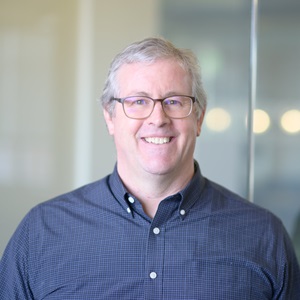
John Crepeau is a Professor in the Department of Mechanical Engineering at the University of Idaho. He received his B.S. degree from the University of California, Berkeley and his M.S. and Ph.D. degrees from the University of Utah, all in mechanical engineering. He was an NSF-NATO Postdoctoral Research Fellow at Humboldt University in Berlin, Germany. He began his academic career at the University of Idaho in 1994 as an Assistant Professor of Mechanical Engineering, and was appointed the Chair of the Department of Mechanical Engineering in 2009. In 2015, he was a Fulbright Scholar at the Escuela Superior Politécnica del Litoral in Guayaquil, Ecuador. He is a member of the Engineering Accreditation Commission of ABET and a licensed professional engineer in the state of Idaho.
Requirements and Resources
Pre-Work: You will gather materials from your institution related to faculty governance, human resources, student demographics, and campus resources.
Inter-session Work: You will complete homework assignments related to the program’s learning outcomes.
Supplemental Resources: You will be provided with (1) a participant guide, (2) presentation slides, and (3) workshop recordings.
Attendance and Completion
Full and active participation will enhance the learning experience for all participants. At the end of the program, you will receive a certificate of completion via email. Professional development hours (PDH) will be provided upon request.
Terms and Policies
• Cancellation Policy
• Recording and Privacy Policy
If you have questions, please contact learning@asee.org.
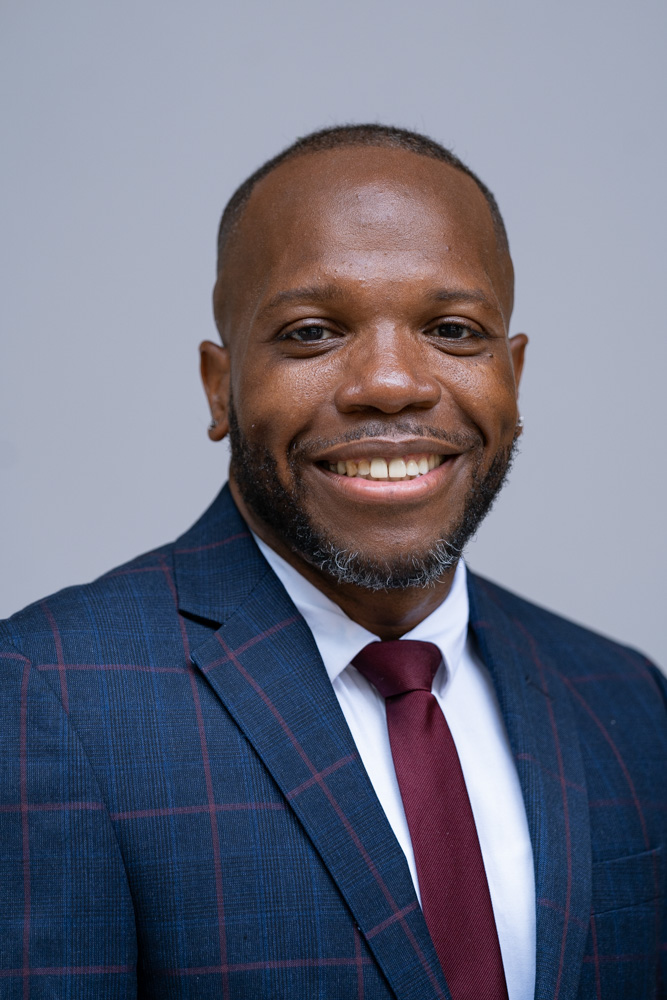 “Each element of the ASEE DELTA New Faculty Institute was well thought out and tailored to the needs of new faculty. I especially appreciated the Participant Guide which has already proven to be an invaluable resource as I navigate the first months in my new tenure track position. The sessions also provided a good balance of lecture, breakout sessions, class participation, and opportunities to network with colleagues. I highly recommend the ASEE New Faculty Institute.”
“Each element of the ASEE DELTA New Faculty Institute was well thought out and tailored to the needs of new faculty. I especially appreciated the Participant Guide which has already proven to be an invaluable resource as I navigate the first months in my new tenure track position. The sessions also provided a good balance of lecture, breakout sessions, class participation, and opportunities to network with colleagues. I highly recommend the ASEE New Faculty Institute.”
Jerrod Henderson
Assistant Professor, Department of Chemical and Biomolecular Engineering
University of Houston
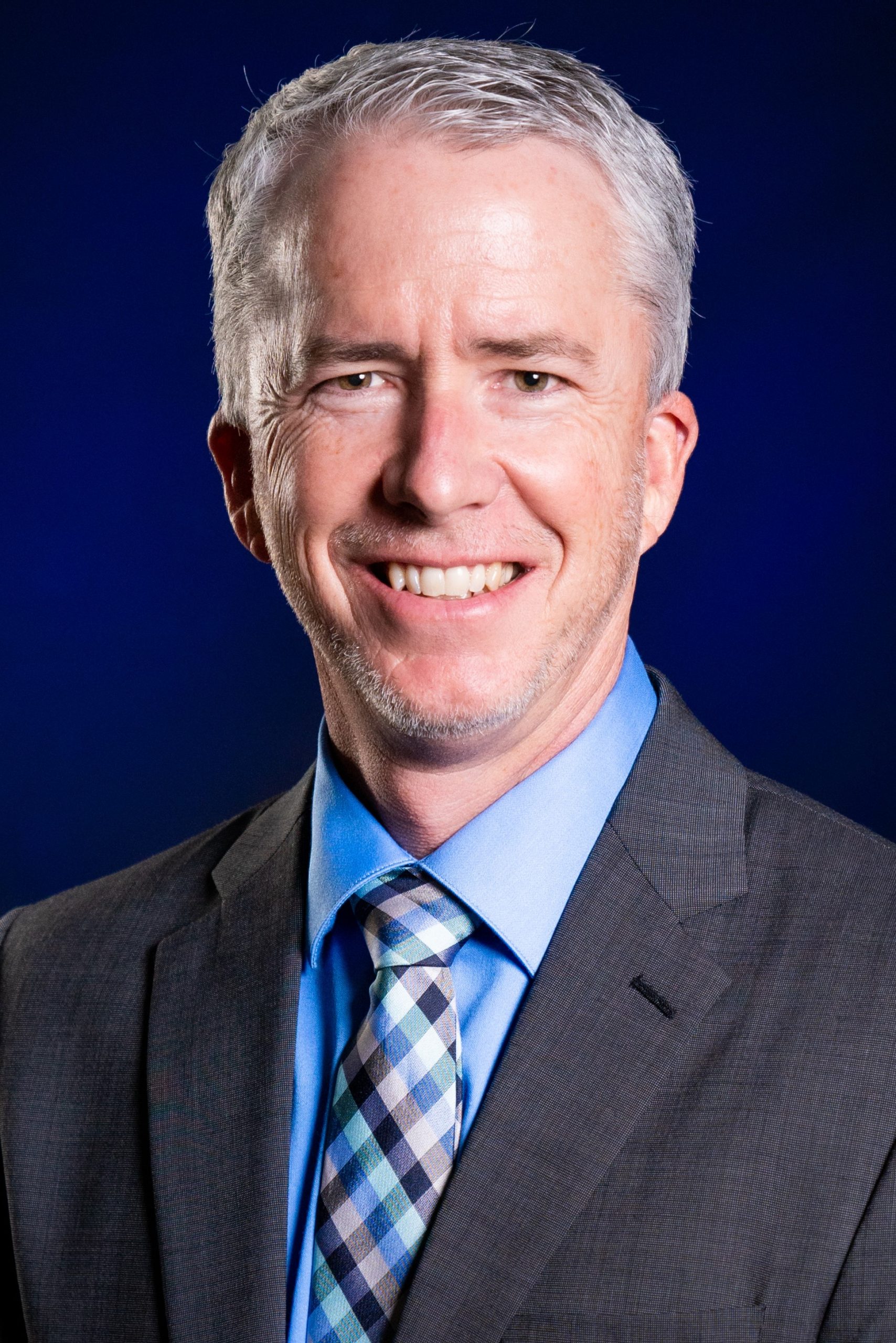 “I participated in the ASEE Delta New Faculty Institute in the summer of 2021 as an experienced industry professional who had never taught at the university level previously. As a new instructor, this program was very practical and helped me engage with fundamental concepts right away. Some of the most helpful topics included: formative assessments, minute papers, student-centered learning and active learning techniques. The course was well-run and provided opportunities to network with faculty around the country. Highly recommended!”
“I participated in the ASEE Delta New Faculty Institute in the summer of 2021 as an experienced industry professional who had never taught at the university level previously. As a new instructor, this program was very practical and helped me engage with fundamental concepts right away. Some of the most helpful topics included: formative assessments, minute papers, student-centered learning and active learning techniques. The course was well-run and provided opportunities to network with faculty around the country. Highly recommended!”
Steve France
Assistant Professor, Computer, Electrical and Software Engineering
Embry-Riddle Aeronautical University
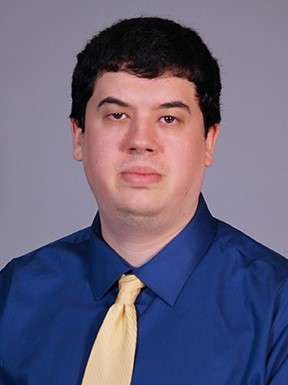 “The DELTA New Faculty Institute was very beneficial for me to get a broad view of what it is like being a new faculty member in various perspectives… I have been able to implement various new techniques in my classroom – from syllabus development to active learning techniques. Working with colleagues allows you to talk about various teaching methods, scholarship pathways, and networking for potential collaborations. Since the tenure-path is one filled with certain grey-areas, it was very helpful to discuss what others are doing and work with the facilitators to discuss best habits in helping us to achieve that long-term goal.”
“The DELTA New Faculty Institute was very beneficial for me to get a broad view of what it is like being a new faculty member in various perspectives… I have been able to implement various new techniques in my classroom – from syllabus development to active learning techniques. Working with colleagues allows you to talk about various teaching methods, scholarship pathways, and networking for potential collaborations. Since the tenure-path is one filled with certain grey-areas, it was very helpful to discuss what others are doing and work with the facilitators to discuss best habits in helping us to achieve that long-term goal.”
Nathan Galinsky
Assistant Professor, Department of Chemical Engineering
West Virginia University Institute of Technology
